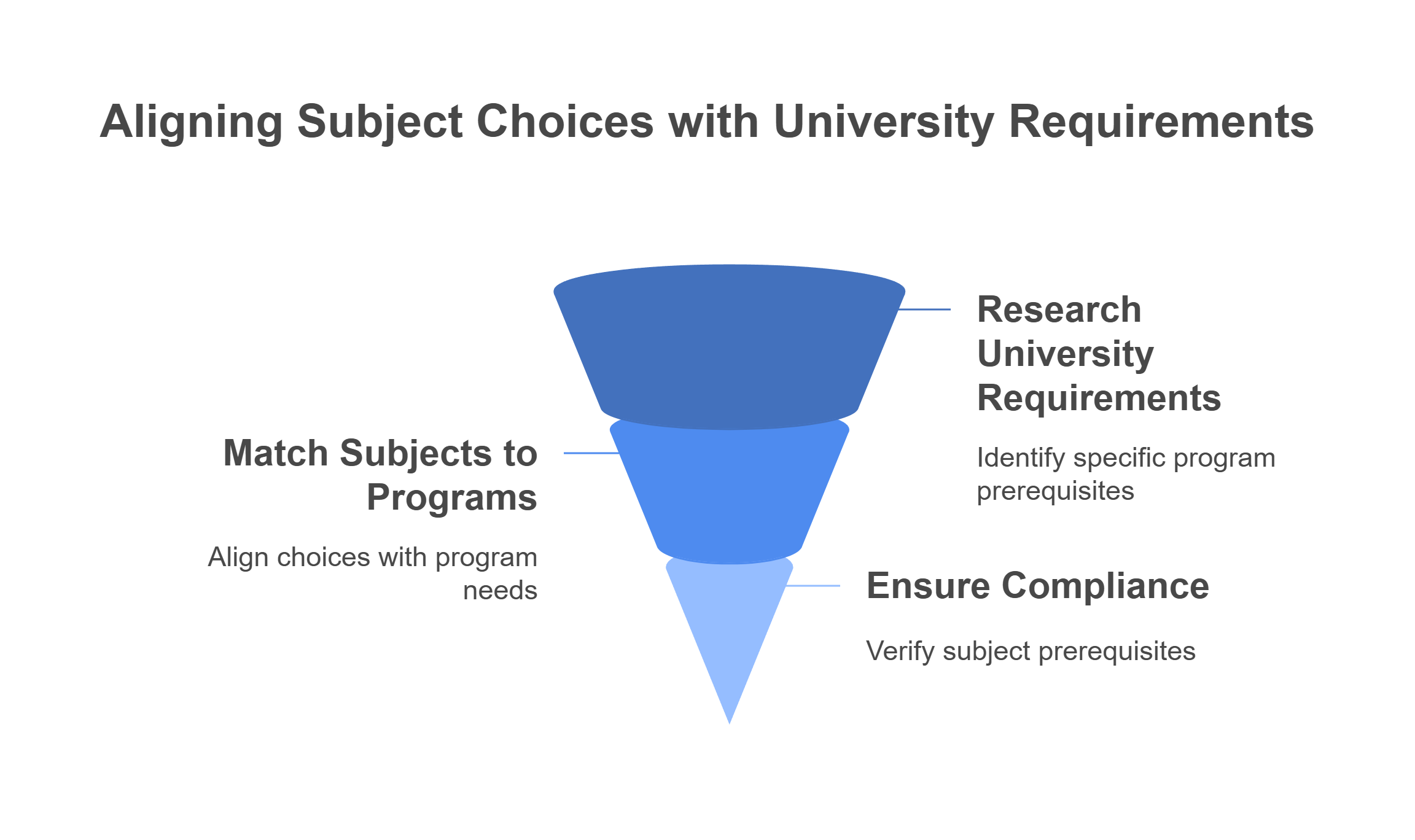The IB Diploma Programme is known for its academic intensity and global reputation. It’s more than just a high school curriculum — it’s a launchpad to some of the best universities around the world. But let’s face it: choosing the right subjects within this program can feel overwhelming, like trying to navigate a maze without a map. And with so much riding on these choices, the pressure is real.
Having guided many students through this process, I’ve seen how smart, well-informed decisions about subject selection can unlock incredible opportunities — and how poor planning can lead to avoidable obstacles. That’s why it’s so important to break down the process and give you the clarity you need to make choices that truly support your academic and career goals.
Understanding the IB Subject Groups
The IB Diploma Programme is structured around six subject groups, ranging from literature and language acquisition to mathematics and the sciences. Students must pick one subject from each group, creating a balanced and well-rounded academic profile.
- Group 1: Studies in Language and Literature
- Group 2: Language Acquisition
- Group 3: Individuals and Societies (History, Economics, etc.)
- Group 4: Sciences (Biology, Chemistry, Physics, etc.)
- Group 5: Mathematics
- Group 6: The Arts (Visual Arts, Music, etc.) - or choose another subject from Groups 1-5
Within each group, you'll find both Higher Level (HL) and Standard Level (SL) courses. HL courses delve deeper into the subject matter, requiring a greater time commitment and culminating in more challenging assessments.
Aligning Your Choices with University Requirements
Here's where the strategic thinking comes into play. Different university programs have specific subject prerequisites. Aspiring engineers, for instance, might need HL Mathematics and Physics. Future medical students often require HL Biology and Chemistry. Humanities programs often look for strong language and social science skills.
Researching your target universities’ entry requirements is paramount. Don’t just look at the general university requirements; delve into the specific program you’re interested in. A seemingly small discrepancy in your subject choices could mean the difference between an acceptance letter and a rejection.

Playing to Your Strengths (and Passions!)
While university requirements are crucial, they shouldn’t dictate your choices entirely. The IB Diploma is challenging. Choosing subjects you genuinely enjoy, subjects that spark your curiosity, will make the rigorous workload far more manageable. And remember, universities don’t just look at your grades; they also assess your overall profile. A student with a genuine passion for their chosen subjects will stand out.
Example: Engineering at a Top University
Let's say your dream is to study Engineering at a prestigious university like MIT. You'll likely need HL Mathematics and Physics. Chemistry is often highly recommended, but you might have the flexibility to take it at SL. For your other subjects, you have more freedom to explore your interests, perhaps choosing English A Literature HL, Spanish B SL, and History HL. This combination demonstrates strong analytical skills, a solid foundation in science, and a well-rounded intellectual curiosity.
Don’t Go It Alone: Seeking Guidance
The IB subject selection process can be overwhelming. Don't hesitate to reach out to your school’s IB coordinator or a guidance counselor. They possess a wealth of experience and can provide invaluable personalized advice. They can help you understand the nuances of each subject, assess your strengths, and align your choices with your university aspirations.
Choosing your IB subjects is a significant step. It's an investment in your future. By understanding the landscape, researching your options, and seeking expert guidance, you can navigate the process with confidence and set yourself up for success on your path to your dream university.
















